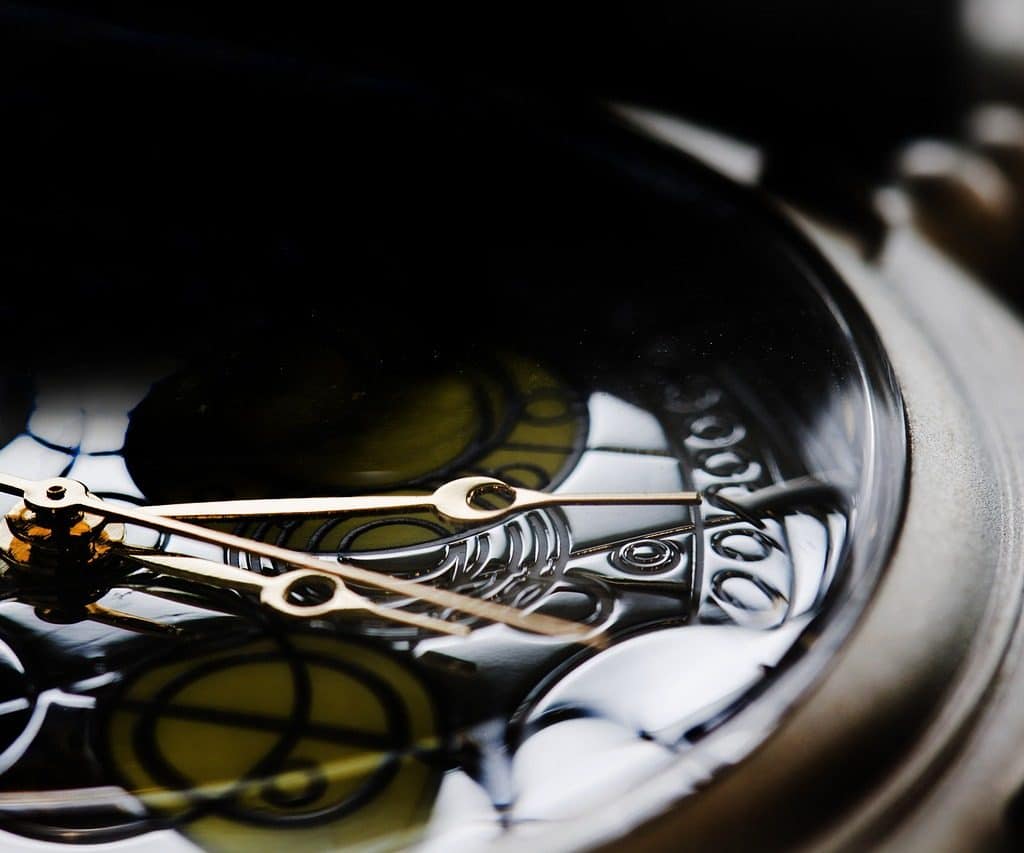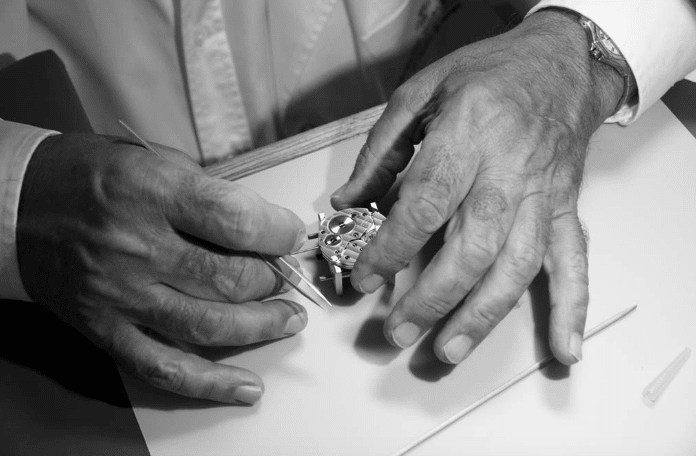In the world of watchmaking, mechanical and automatic watches occupy a special place. Although similar in appearance, these two types of watch have fundamental differences in the way they function. For watch lovers and those looking for the perfect gift for men, understanding these distinctions is essential. Indeed, each type of watch has its own characteristics, advantages and disadvantages that will appeal in different ways to enthusiasts of fine mechanics.
Mechanical watches: the art of precision

Mechanical watches are masterpieces of engineering that work without the aid of batteries or electronic motors like Quartz. They fall into two categories: manual mechanical watches and automatic watches. Both use a complex mechanism of springs and gears, but differ in the way they are wound. Mechanical watches are appreciated for their handcrafted precision and durability, symbolizing watchmaking expertise and tradition.
Hand-wound mechanical watches: the tradition of daily winding
Manual mechanical watches require daily manual winding. The heart of the watch is the barrel spring, which stores energy when wound by turning the crown. This energy is then gradually released to power the movement of the hands. The daily ritual of winding the watch is often appreciated by watchmaking purists, who see in this gesture an intimate connection with their watch.
Advantages:
- A daily ritual appreciated by watchmaking purists
- Mechanism often visible through a transparent case back, offering a fascinating view of the watch’s engine
- No electronic components, which can make manual watches more resistant to magnetic fields and other interferences
Disadvantages:
- Need to wind the watch regularly to keep it in good working order
- Sensitive to spring tension variations, requiring frequent adjustments
- May require more frequent care to maintain precision of movement
Automatic watches: elegance in motion

Automatic watches are an evolution of manual mechanical watches. They share the same type of mechanism, but are wound automatically by the wearer’s wrist movements. Inside the watch, an oscillating rotor, also known as an oscillating weight, rotates freely with the movements of the arm, winding the barrel spring. This ingenious system enables automatic watches to function without the need for daily manual winding.
Advantages:
- Automatic winding thanks to wrist movements, offering long autonomy
- Convenience, especially for those who wear their watch regularly, as it stays on without manual intervention
- Maintain precision and durability, with less need for daily care
Disadvantages:
- May require a watch winder during periods of inactivity to maintain movement
- Slightly more complex mechanism
- Some users may find the automatic winding system less personal than manual winding.
Choices and preferences

The choice between a mechanical manual watch and an automatic watch depends on personal preference and lifestyle. Manual mechanical watches appeal for their simplicity and tradition, offering a more tactile and personal watchmaking experience. Automatic watches, on the other hand, offer greater convenience while retaining the charm of the mechanical movement, making them ideal for those who prefer minimal maintenance while still wearing their watch regularly.
For watch enthusiasts, each type has its advantages. Manual mechanical watches can be perceived as more authentic and connected to the history of watchmaking, while automatic watches represent a technological advance while respecting the principles of traditional watchmaking. It is also important to note that some automatic watches can include additional functions, such as horological complications, which add to their complexity and appeal.
In short, mechanical and automatic watches share a common base, but differ in the way they are wound. Manual mechanical watches require daily manual winding, while automatic watches are wound by wrist movements. Both types embody the art and precision of watchmaking, offering a variety of choices to satisfy all watch enthusiasts. Whether as an introduction to watchmaking or to enrich a collection, understanding these differences helps to make an informed choice for the perfect Christmas gift for a man with a passion for fine mechanics. Ultimately, the choice between a manual and an automatic mechanical watch will depend on the wearer’s personal tastes and priorities, each with its own charms and specificities.

